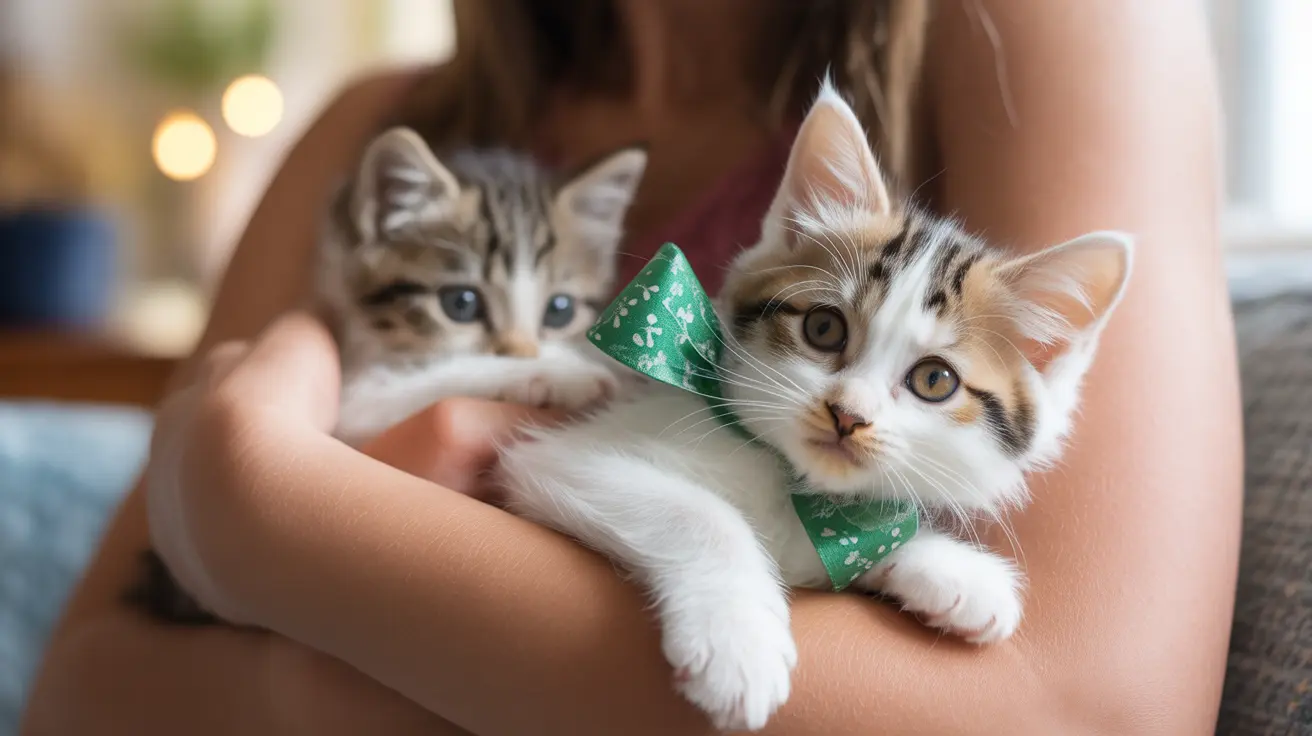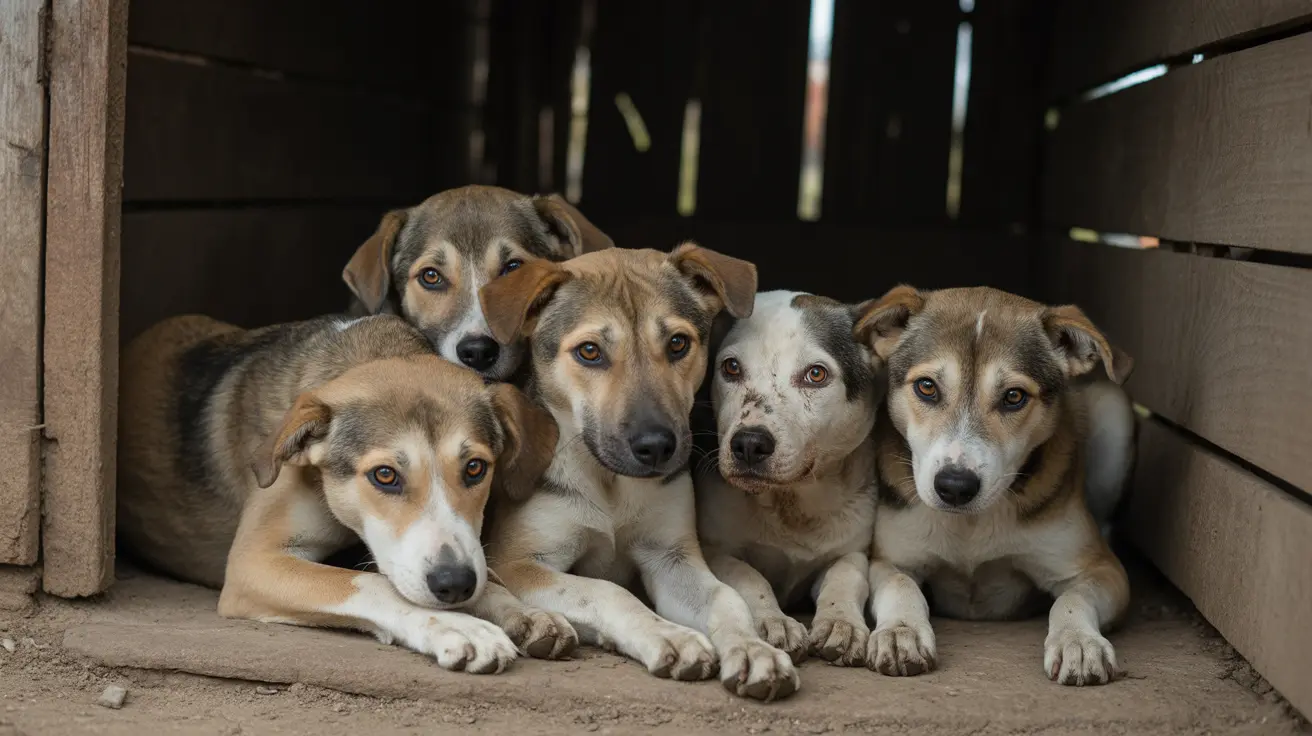Understanding the Drawbacks of Ragdoll Cats
Ragdoll cats are widely loved for their gentle demeanor and striking appearance, but like any pet, they come with challenges. It's essential for prospective owners to understand not only the positives but also the negatives of Ragdoll cats before making a commitment. This article outlines the main drawbacks, offering pet owners a comprehensive perspective on this affectionate breed.
1. Genetic Health Issues
One of the most significant concerns is their predisposition to certain hereditary health problems:
- Hypertrophic Cardiomyopathy (HCM): A potentially fatal heart disease, HCM causes thickening of the heart muscles. Around 30% of Ragdolls may carry this gene.
- Polycystic Kidney Disease (PKD): Less common but serious, PKD involves fluid-filled cysts forming on the kidneys, which can impair function over time.
- Dental Disease: Like many breeds, Ragdolls are susceptible to gum disease and tooth decay.
It's critical to acquire Ragdolls from breeders who rigorously test for genetic conditions and provide health certifications.
2. Grooming Demands
Despite their luxurious semi-longhaired coats, Ragdolls have minimal undercoats, making matting less frequent. However, they still require regular grooming to stay healthy and clean:
- Brushing 1–2 times per week to manage seasonal shedding
- Regular nail trims
- Ear cleaning and dental hygiene practices
Neglecting grooming can lead to tangles, discomfort, and more frequent vet visits.
3. Susceptibility to Obesity
Ragdolls are naturally calm and less active than other breeds, often described as laid-back or dog-like in personality. While endearing, this trait makes them prone to obesity if their diet isn’t carefully managed. Key concerns include:
- Joint stress from increased weight
- Higher risk of diabetes and cardiovascular issues
Owners must monitor portion sizes, provide balanced nutrition, and encourage daily play to maintain a healthy weight.
4. Emotional Dependency
These affectionate cats form strong bonds with their humans and frequently follow them from room to room. While charming, this trait can translate to separation anxiety. Ragdolls:
- Do not tolerate long periods of solitude well
- May become depressed or stressed if left alone consistently
- Prefer environments where someone is home often or they have another pet companion
Households with long working hours may need to reconsider or introduce a second animal to mitigate loneliness.
5. Not Hypoallergenic
Although they shed less than some long-haired breeds due to low undercoat density, Ragdolls are not hypoallergenic. People with allergies may still react to their dander and saliva. Symptoms can include:
- Watery eyes
- Sneezing or runny nose
- Skin irritations
Potential owners with sensitivities should spend time around the breed before adopting.
6. Late Maturation
Ragdolls take up to four years to reach full maturity, both in physical size and coat coloration. This means:
- Owners may need patience as personality and appearance evolve
- Kittens remain playful and less predictable for longer than faster-maturing breeds
Understanding that your Ragdoll will develop slowly is crucial to setting realistic expectations.
7. Reduced Hunting Instincts
For those seeking a natural rodent deterrent, Ragdolls may disappoint. Their low prey drive and gentle nature mean they rarely hunt, unlike more instinct-driven breeds such as Siamese or Bengals.
8. Limited Outdoor Suitability
Soft-hearted and trusting, Ragdolls are generally not suited for outdoor living without supervision. Risks include:
- Predator encounters
- Traffic accidents
- Exposure to diseases
Owners must offer secured outdoor spaces or enriching indoor environments.
Conclusion
Ragdoll cats are undeniably endearing, with their loving temperament and graceful appearance. However, responsible pet ownership means recognizing their unique vulnerabilities. From genetic health risks to emotional sensitivity and grooming needs, understanding the negatives ensures a better quality of life for your pet—and a more rewarding experience for you. If you're prepared for the responsibility, a Ragdoll can be a deeply affectionate and loyal family member.





